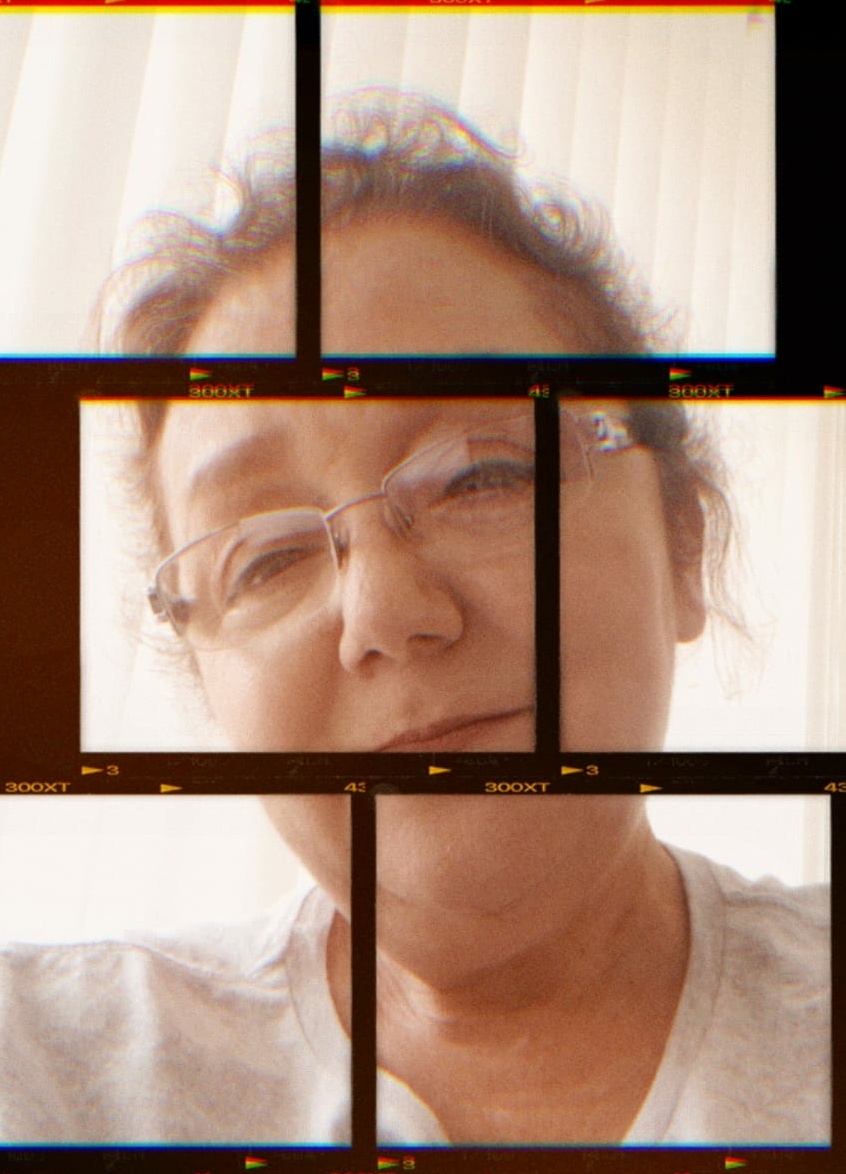
There are no studies on the factors associated with gastroesophageal reflux disease (GERD) relapse in primary care patients. To identify the risk factors associated with GERD relapse in primary care patients that responded adequately to short-term treatment with a proton pump inhibitor. A cohort study was conducted that included GERD incident cases. The patients received treatment with omeprazole for 4 weeks. The ReQuest questionnaire and a risk factor questionnaire were applied. The therapeutic success rate and relapse rate were determined at 4 and 12 weeks after treatment suspension. A logistic regression analysis of the possible risk factors for GERD relapse was carried out. Of the 83 patient total, 74 (89.16%) responded to treatment. Symptoms recurred in 36 patients (48.64%) at 4 weeks and in 13 patients (17.57%) at 12 weeks, with an overall relapse rate of 66.21%. The OR multivariate analysis (95% CI) showed the increases in the possibility of GERD relapse for the following factors at 12 weeks after treatment suspension: basic educational level or lower, 24.95 (1.92-323.79); overweight, 1.76 (0.22-13.64); obesity, 0.25 (0.01-3.46); smoking, 0.51 (0.06-3.88); and the consumption of 4-12 cups of coffee per month, 1.00 (0.12-7.84); citrus fruits, 14.76 (1.90-114.57); NSAIDs, 27.77 (1.12-686.11); chocolate, 0.86 (0.18-4.06); ASA 1.63 (0.12-21.63); carbonated beverages, 4.24 (0.32-55.05); spicy food 7-16 times/month, 1.39 (0.17-11.17); and spicy food ≥ 20 times/month, 4.06 (0.47-34.59). The relapse rate after short-term treatment with omeprazole was high. The consumption of citrus fruits and NSAIDs increased the possibility of GERD relapse. Copyright © 2016 Asociación Mexicana de Gastroenterología. Publicado por Masson Doyma México S.A. All rights reserved.








